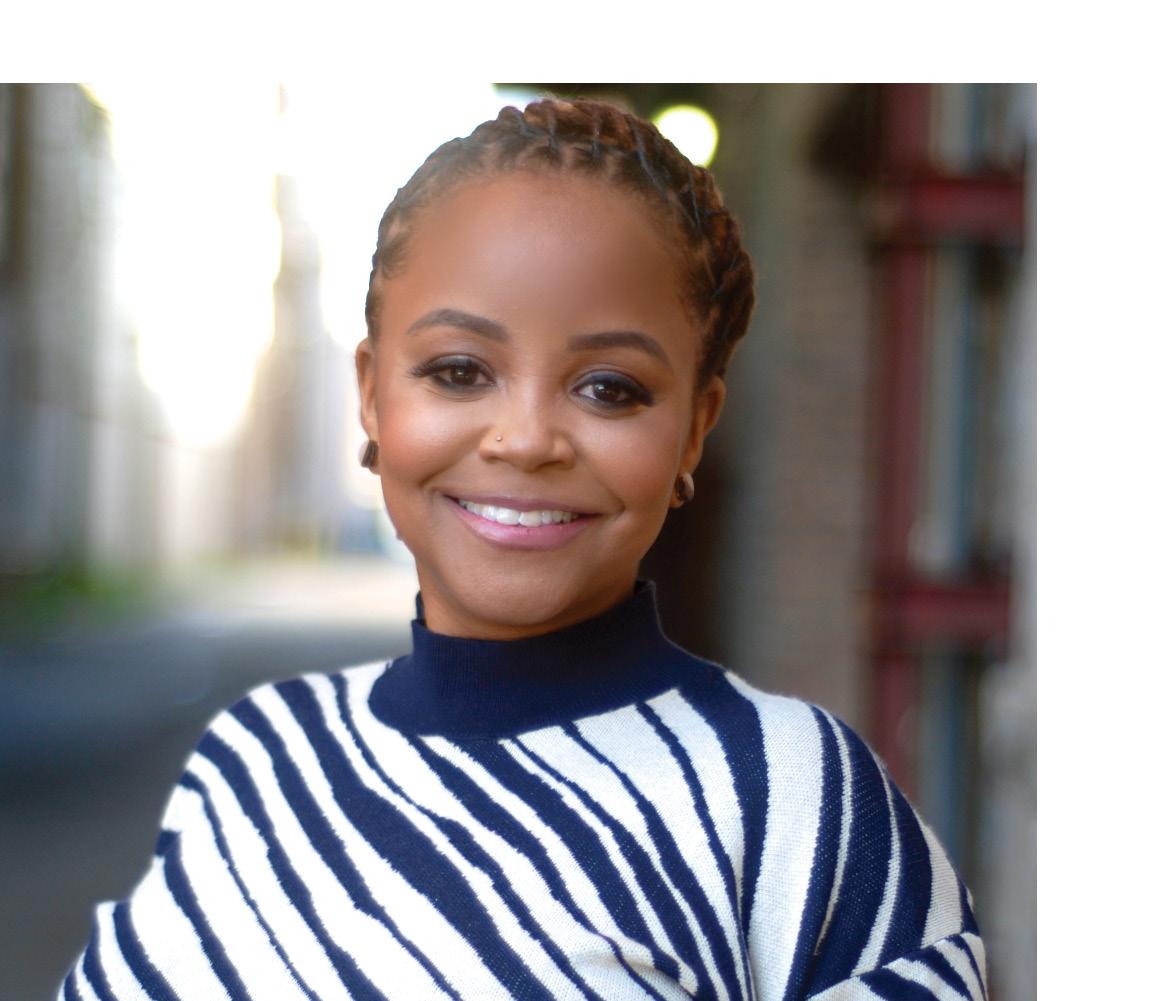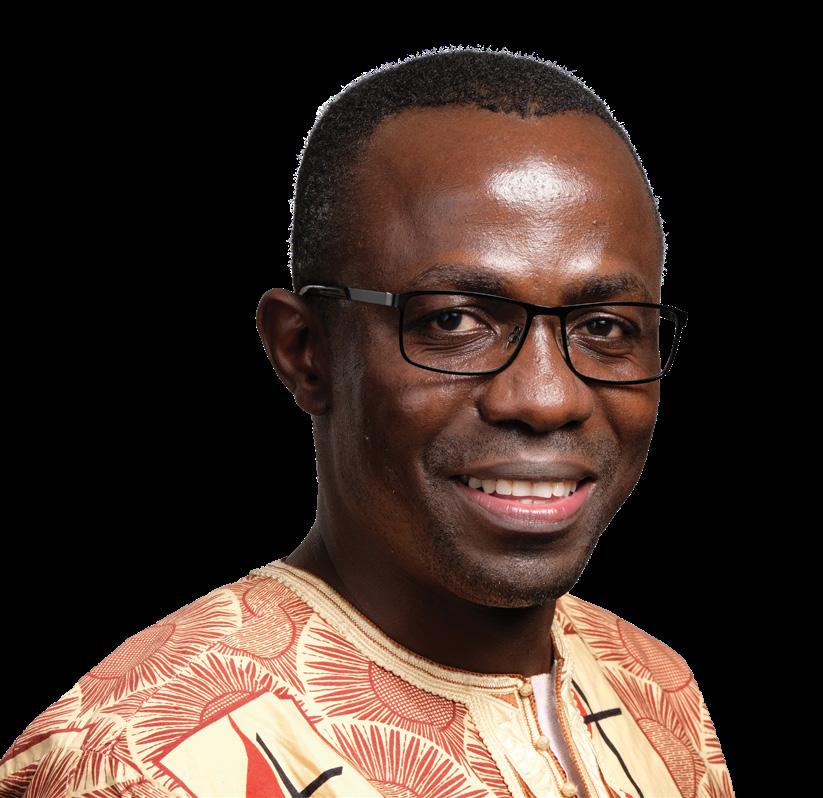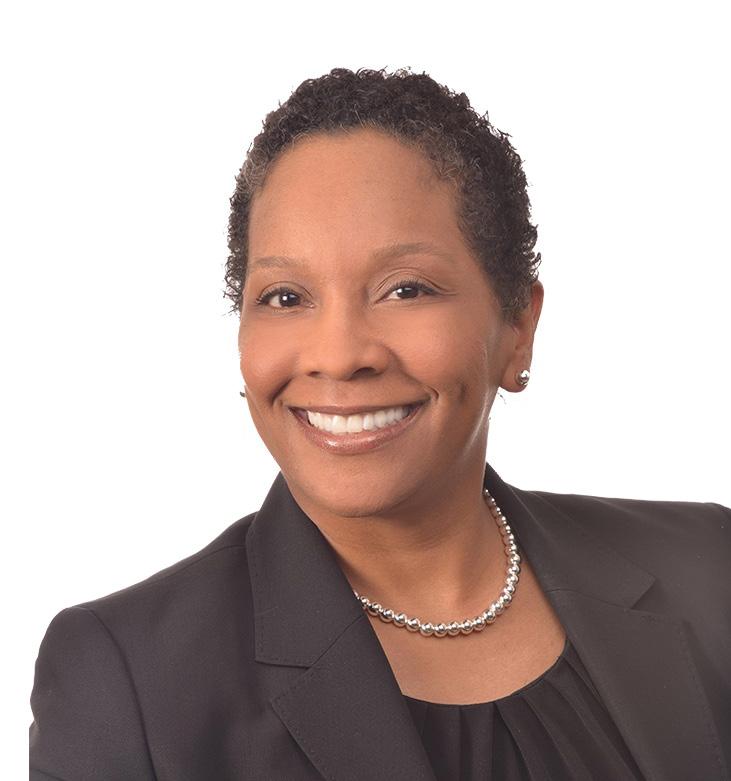
2 minute read
ANSWERING the CALL
My time at Garrett-Evangelical has been enriching and fulfilling in so many ways. I matriculated with pastors and community leaders from across the globe whose work has inspired my own work. I’ve been exposed to some of the most respected scholars in their fields. The faculty’s commitment to the church is only rivaled by their commitment to academic rigor. Encountering the diversity of culture and theological dreaming at Garrett-Evangelical stretched me beyond what I thought was possible and I am so much the better for it.
My experience here has also served as a lab of theological and biblical formation. I am leaving GarrettEvangelical with the theological grounding and language needed to join the social impact sector. It is my hope to work with congregations to develop practices that foster an environment in which Christian discipleship serves as the flame that sets social engagement ablaze.
I was born in Nairobi, Kenya, and raised in Ypsilanti, Mich. I received my Master of Divinity from Gammon Theological Seminary in Atlanta, but wanted to focus my studies so I embarked on a Master of Arts in Pastoral Care and Counseling at Garrett-Evangelical, with a concentration in Chaplaincy and Spiritual Care. I want to help people reimagine how their faith, theology, and therapy can be a tool of liberation, empowerment, and wholeness. I also want to guide people in thinking critically about how they view God, themselves, and their own healing.
One of my favorite courses I took was Contemplative Spirituality with Dr. Rolf Nolasco. The course helped me engage and articulate connections between contemplative spirituality and our gender, racial, sexual, and religious identities. I learned different ways to see God: seeing the Divine in nature, in our creativity, in our stillness, in our daily devotion to one another, for one another, and to ourselves. Contemplative spirituality invites an awareness of how God moves and works through us—mindful of how our bodies are connected to the Creator, being open and receiving that gift. But, more than just an internal pursuit, it asks us to engage in systems change, economic empowerment, communications, and strategic alliances with marginalized communities, moving away from individual to collective work.
I am a native of the Democratic Republic of Congo (DRC). I was born and raised in Mwajinga, a United Methodist mission, where my parents worked as teachers for almost fifty years until January 2020. After completing my studies in Zimbabwe, I served the UMC as a Global Ministries agriculturist missionary in Senegal, West Africa. Finally, in 2020, I started my MDiv at Garrett-Evangelical. While at Garrett-Evangelical, in preparation for ordination in the UMC, I enjoyed many classes. As an African with an African Methodist background, one course in my last semester particularly sparked imagination: United Methodist Studies: 20th Century to Present. The class was exciting and challenging, all at the same time. I found it challenging because the UMC is a global church with a contextual theology in a connectional polity. In-class conversations—sharing experiences of Methodism in different parts of the world, including North America, Africa, and Asia—enables us to celebrate diversity and acknowledge challenges in how a global church must adapt theology to a local context.

My time at Garrett-Evangelical has been meaningful—a preparation as I look forward to serving as an ordained clergy within The United Methodist Church.










